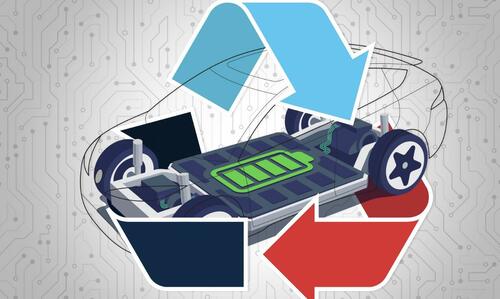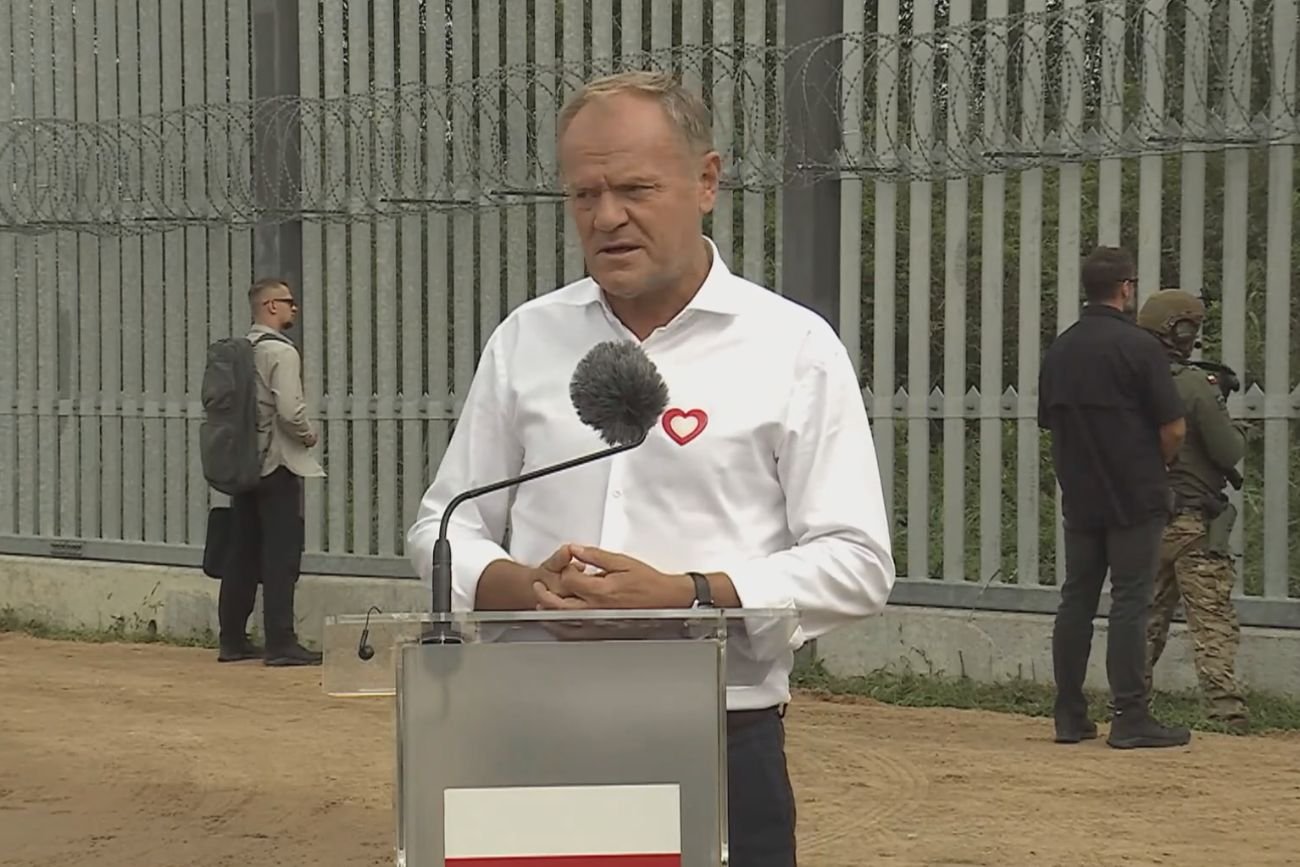
Как Китай использует свои умирающие батареи и солнечные панели
Китай наращивает усилия по созданию круговой экономики вокруг своего процветающего сектора чистой энергии, поскольку отставные батареи и солнечные панели накапливаются, а напряженность в мировой торговле затрудняет получение критически важных минералов.
«В бизнесе отходов новой энергии есть огромный потенциал, потому что новая энергия — это то, куда идут Китай и мир», — сказал Ма Лонг, менеджер по продажам в дочерней компании Henan Hairui Intelligent Technology. Его компания уже генерирует 70% своего бизнеса из оборудования для переработки батарей и солнечных панелей.
Быстрое внедрение в Китае электромобилей и солнечной энергии стимулирует эту тенденцию. После десятилетия роста электромобилей страна в настоящее время сталкивается с «крупномасштабным выходом на пенсию автомобильных аккумуляторов», с отставными батареями, которые, как ожидается, превысят 4 миллиона тонн в год к 2028 году и будут генерировать более 280 миллиардов юаней (38,5 миллиарда долларов США) в промышленности. Отставные фотоэлектрические модули также будут расти в ближайшие пять лет.
«Утилизация полезных ископаемых в значительной степени направлена на обеспечение ресурсной безопасности», - сказал Ду Хуанчжэн, эксперт по круговой экономике в Университете Тонцзи. Он отметил, что усилия Китая по переработке, когда-то сосредоточенные на борьбе с загрязнением, теперь также направлены на стимулирование экономического роста и сокращение зависимости от импортных полезных ископаемых на фоне растущей напряженности в отношениях с США и их союзниками.
Профессор экономики окружающей среды из Пекина предупредил, что Китай сталкивается с большими трудностями при покупке у союзников США, таких как Австралия и Канада, в то время как на других поставщиков, таких как Конго и Чили, может оказать давление торговая политика США. «Бизнес с другими поставщиками также может быть затронут», — добавил он.
В ответ Китай создал государственную China Resources Recycling Group для создания общенациональной сети по переработке продуктов от электроники до устаревшего ветрового и солнечного оборудования.

В статье SCMP говорится, что крупные игроки, такие как CATL и BYD, лидируют в переработке аккумуляторов, но небольшие компании спешат. Юй Чжункай (Yu Zhongkai), старший менеджер Tianli Technology, сказал, что четверть бизнеса его компании теперь приходится на оборудование для переработки аккумуляторов. Но мы все еще экспериментируем, потому что пока нет отраслевых стандартов, а рынок все еще неясен.
Китайская перерабатывающая промышленность находится в зачаточном состоянии, хотя ее полная промышленная цепочка и огромный рынок дают ей преимущество над глобальными конкурентами. Ду предупредил, что, несмотря на энтузиазм инвесторов, "крупномасштабная переработка еще не завершена и еще не сформирована зрелая система переработки. "
Правительство ужесточает правила, включив 156 компаний в белый список, чтобы стандартизировать переработку батарей и предотвратить риски для безопасности и окружающей среды. В феврале Государственный совет принял план действий по улучшению утилизации автомобильных аккумуляторов в соответствии с декабрьской директивой, требующей более надежного обеспечения качества и прослеживаемости продукции.
Утилизация Guangdong Brunp Компания Technology, дочерняя компания CATL, утверждает, что может извлекать более 99% ключевых металлов из отставных батарей. «Это гарантирует, что батареи идут туда, откуда они пришли, и повышает устойчивость цепочки поставок новой энергетической отрасли», - сказал генеральный директор Ли Чандун.
Однако проблемы сохраняются. Многие отставные батареи попадают в незаконные мастерские, а сельские домохозяйства начинают выбрасывать старые солнечные батареи прямо в мусорные баки, предупредил активист по защите окружающей среды Чэнь Ливен.
На данный момент законные переработчики сталкиваются с избыточными мощностями, поскольку сбор отходов отстает, но Ма ожидает, что ситуация улучшится по мере ужесточения правил и выхода батарей из эксплуатации.
«Таким образом, в целом, это большой путь, которому нужно следовать в ближайшие несколько десятилетий», — сказал он.
Тайлер Дерден
Тюэ, 05/13/2025 - 23:00









![To nie dżungla amazońska tylko przejście na osiedlu Pobitno w Rzeszowie [ZDJĘCIA]](https://storage.googleapis.com/bieszczady/rzeszow24/articles/image/05ff6beb-4bdf-42c6-ae7e-99af78b94324)
